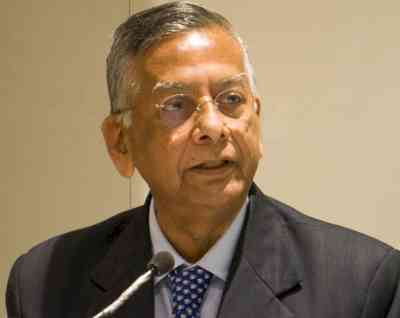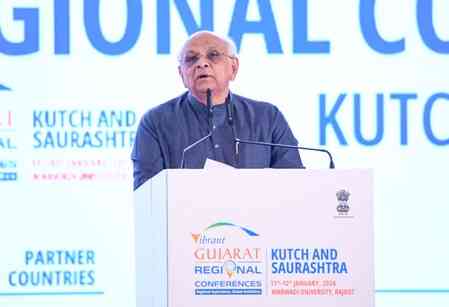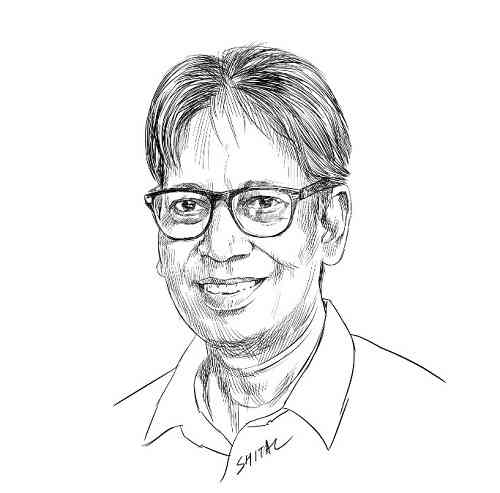Clear all OROP dues by Feb 28 next year, SC tells Centre (Lead)
The Supreme Court on Monday noted that Centre is facing difficulties in clearing the pension arrears of retired defence personnel under One Rank One Pension (OROP) scheme in one go, but emphasised that it is duty-bound to comply with its 2022 judgment on the payment of arrears and asked it to pay dues for 2019-2022, amounting to nearly Rs 28,000 crore, by February 28 next year.

New Delhi, March 20 (IANS) The Supreme Court on Monday noted that Centre is facing difficulties in clearing the pension arrears of retired defence personnel under One Rank One Pension (OROP) scheme in one go, but emphasised that it is duty-bound to comply with its 2022 judgment on the payment of arrears and asked it to pay dues for 2019-2022, amounting to nearly Rs 28,000 crore, by February 28 next year.
Attorney General R. Venkataramani submitted before a bench headed by Chief Justice of India D.Y. Chandrachud that the budget outlay was not sufficient to meet the expenses and the total pensioners are over 20 lakh, and the OROP arrears would be in the range of Rs 28,000 crore. The Centre has proposed to pay the arrears by April 30, 2024.
The bench, also comprising Justices P.S. Narasimha and J.B. Pardiwala, noted that out of 25 lakh pensioners, four lakh did not qualify for the OROP scheme as they were getting enhanced pensions. It said the arrears should be cleared by February 28, 2024, and formulated the schedule for payment of arrears to different groups of pensioners under the OROP scheme.
The bench directed that the six lakh family pensioners and gallantry award winners should be paid their OROP dues by April 30, 2023, and retired servicemen aged 70 years and above, who are nearly 4-5 lakh, should get their dues in one or more instalments by June 30.
The bench further added in three equal instalments by February 28, 2024, the dues should be paid to the remaining 10-11 lakh pensioners.
It stressed that Centre is duty-bound to comply with its judgment in the terms of the OROP scheme and also made it clear that the payment of the dues would not affect further equalisation of pension of ex-servicemen to be done next year.
At the beginning of the hearing, the top court declined to accept the Central government's sealed cover note about its views on the payment of OROP arrears to ex-service personnel.
It asked the AG to share a note with senior advocate Huzefa Ahmadi, representing the ex-servicemen. As the AG replied that it is a confidential note, the Chief Justice said: "We need to put an end to this sealed cover practice in the Supreme Court."
The bench wondered what could be secrecy in the matter, which is pertaining to the implementation of the court orders.
The Chief Justice said, "I am personally averse to sealed covers. What happens is, we see something, he does not see. And we decide the case without showing it to him. This is fundamentally contrary to the judicial process. There cannot be secrecy in the court. The court has to be transparent."
The bench further added that this is a payment of pension in pursuance of directions in the judgment of the court. The Chief Justice told the AG, "What can be the great secrecy in this?"
The top court made these observations while hearing the Indian Ex-Servicemen Movement's (IESM) plea over payment of OROP dues. Last week, the top court pulled up the Central government for "unilaterally" deciding to pay OROP dues in four instalments.
On March 13, the Supreme Court asked the Ministry of Defence to come up with a roadmap for the payment of arrears under the OROP scheme by next week, and also told the ministry that it cannot take law in its own hands by issuing communication on payment of arrears in four instalments


 IANS
IANS 










